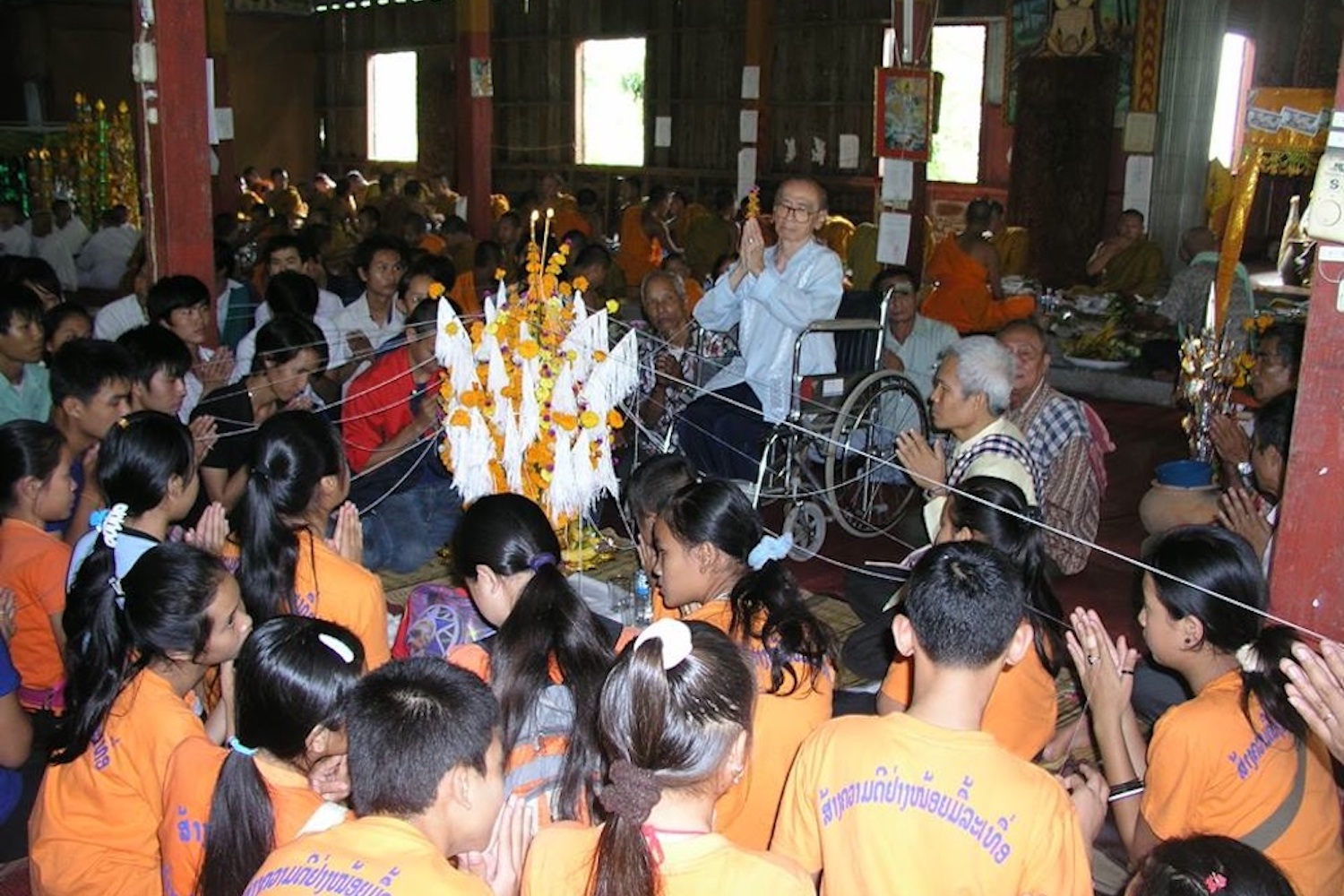[et_pb_section bb_built=”1″ _builder_version=”3.0.67″][et_pb_row use_custom_gutter=”on” gutter_width=”2″ background_position_1=”top_left” background_position_2=”top_left” background_repeat_1=”no-repeat” background_repeat_2=”no-repeat” _builder_version=”3.0.67″][et_pb_column type=”1_3″][et_pb_text _builder_version=”3.0.71″ text_font_size=”20″ header_font_size=”75px” background_layout=”light” text_orientation=”left” border_style=”solid” module_alignment=”left”]
53
out of
155
Laos’ ranking in terms of Official Development Assistance per capita
[/et_pb_text][et_pb_text _builder_version=”3.0.71″ custom_padding=”20px|||” background_layout=”light” text_orientation=”left” border_style=”solid” module_alignment=”left”]
Note: This is another in a series of posts on “Laos by the numbers.”
Feedback and suggestions are welcome.
[/et_pb_text][/et_pb_column][et_pb_column type=”2_3″][et_pb_text _builder_version=”3.0.75″ background_layout=”light” border_style=”solid” module_alignment=”left”]
 The Lao PDR ranks 53rd out of 155 countries in terms of Official Development Assistance (ODA) per capita, making it the highest aid recipient in Southeast Asia, and the broader ASEAN.
The Lao PDR ranks 53rd out of 155 countries in terms of Official Development Assistance (ODA) per capita, making it the highest aid recipient in Southeast Asia, and the broader ASEAN.
ODA is widely used as a measure of development aid, including of both grants and concessionary loans. A full definition can be found here.
In 2014, ODA to Laos amounted to US$ 70.62 per capita, over one-third higher than any other ASEAN country. ODA received by other ASEAN members (with ranking) include: Cambodia = US$ 52.15 (66th), Vietnam = US$ 46.49 (73rd), Myanmar = US$ 25.83 (100th), Thailand = US$ 5.19 (133rd), Singapore = US$ 4.73 (135th), Malaysia = US$ 0.40 (148th), Indonesia = US$ -1.53 (151th).
ODA has increased sevenfold in the last three decades, from US$ 10.05 in 1984, to US$ 45.16 in 1994, and US$ 47.69 in 2004.
An earlier briefing paper on foreign aid to Laos by Mekong Watch can be found here.
[/et_pb_text][et_pb_comments _builder_version=”3.0.67″ show_avatar=”off” show_reply=”on” show_count=”on” background_layout=”light” border_style=”solid” custom_button=”off” button_letter_spacing=”0″ button_icon_placement=”right” button_letter_spacing_hover=”0″ /][/et_pb_column][/et_pb_row][/et_pb_section]












 (Note: The Lao PDR has twice promised to ratify this convention in its Universal Periodic Review, but it has not yet done so.)
(Note: The Lao PDR has twice promised to ratify this convention in its Universal Periodic Review, but it has not yet done so.)
 International Day of the Victims of Enforced Disappearance: Human Rights Defenders & the Disappeared Justice
International Day of the Victims of Enforced Disappearance: Human Rights Defenders & the Disappeared Justice